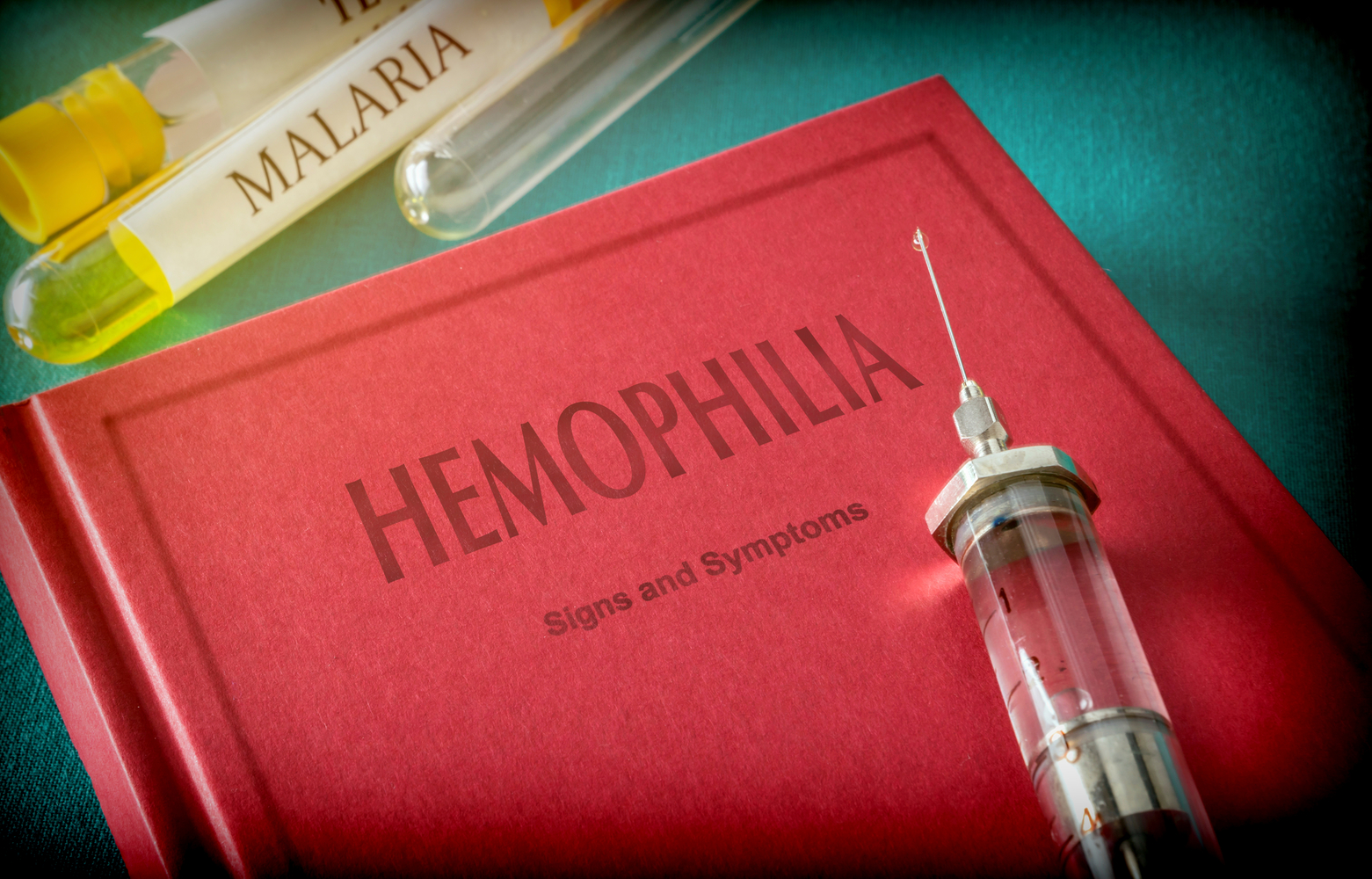Hemophilia is an inherited genetic disorder in which the blood’s ability to clot is impaired and affects the ability of the body to stop bleeding. While some of the resulting complications can be benign, like increased bruising after an injury, others can be dangerous, such as internal bleeding inside the brain and joints.
Read on To Discover a Few Interesting Facts About Hemophilia
Bleeding: Bleeding can be very dangerous for the people with hemophilia and in the case that it occurs in the brain it can lead to an impaired level of consciousness, seizures, and long-term headaches. In the case of bleeding in the joints, it can also lead to permanent damage in the affected area.
The Types of Hemophilia
Hemophilia is divided into two major categories. Hemophilia B is categorized by insufficient levels of clotting factor IX. Hemophilia A, on the other hand, is caused due to insufficient levels of clotting factor VIII. In addition to type A and type B, other types of hemophilia include hemophilia C and parahemophilia.
Inherited Genes
Hemophilia is usually inherited through an X chromosome carrying a nonfunctional gene with either parent being able to pass on the gene to their children.
Association
Pregnancy, autoimmune disorders, and cancers can lead to the development of hemophilia.
Diagnosis
To diagnose hemophilia, the test involves checking the levels of clotting factors and the ability of blood to clot.
How to Treat Hemophilia
Hemophilia requires regular treatment and for patients having hemophilia A desmopressin may be prescribed.
Hemophilia Rates
1 in 40,000 males are affected by hemophilia B. Hemophilia B on the other hand occurs in 1 in 5,000 to 10,000 males.
Hemophilia C
While Hemophilia A and B mostly occur in males. Both males and females can be affected by hemophilia C. In terms of the tendency to be affected by the disease based on ethnicity, the Ashkenazi Jews most likely to develop the disease.
Royal Families of Europe
Hemophilia, at one point, was termed as a royal disease as it affected multiple members of European royalty. Most notably, Queen Victoria passed on the mutation of hemophilia B to Princess Alice, Princess Beatrice, and Prince Leopold.
Gene Therapy
For those having moderate or mild hemophilia, gene therapy is a viable treatment that has been shown to mitigate symptoms.

